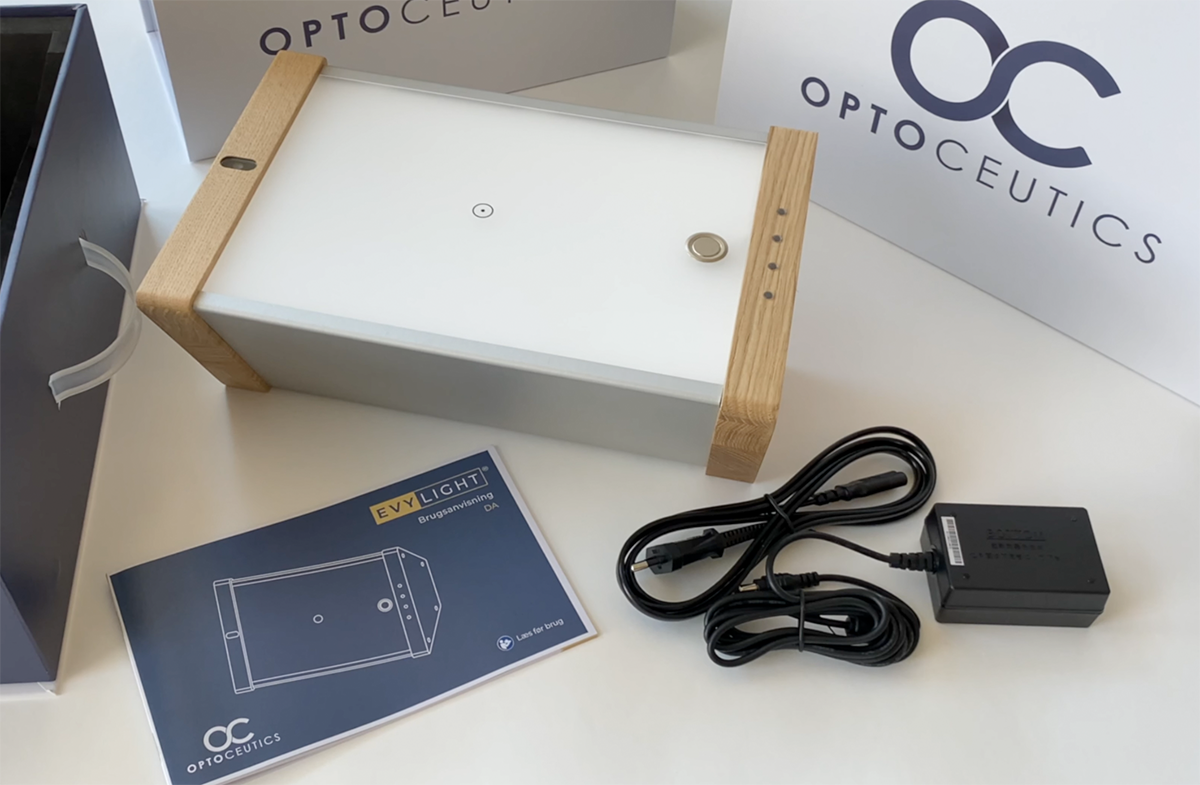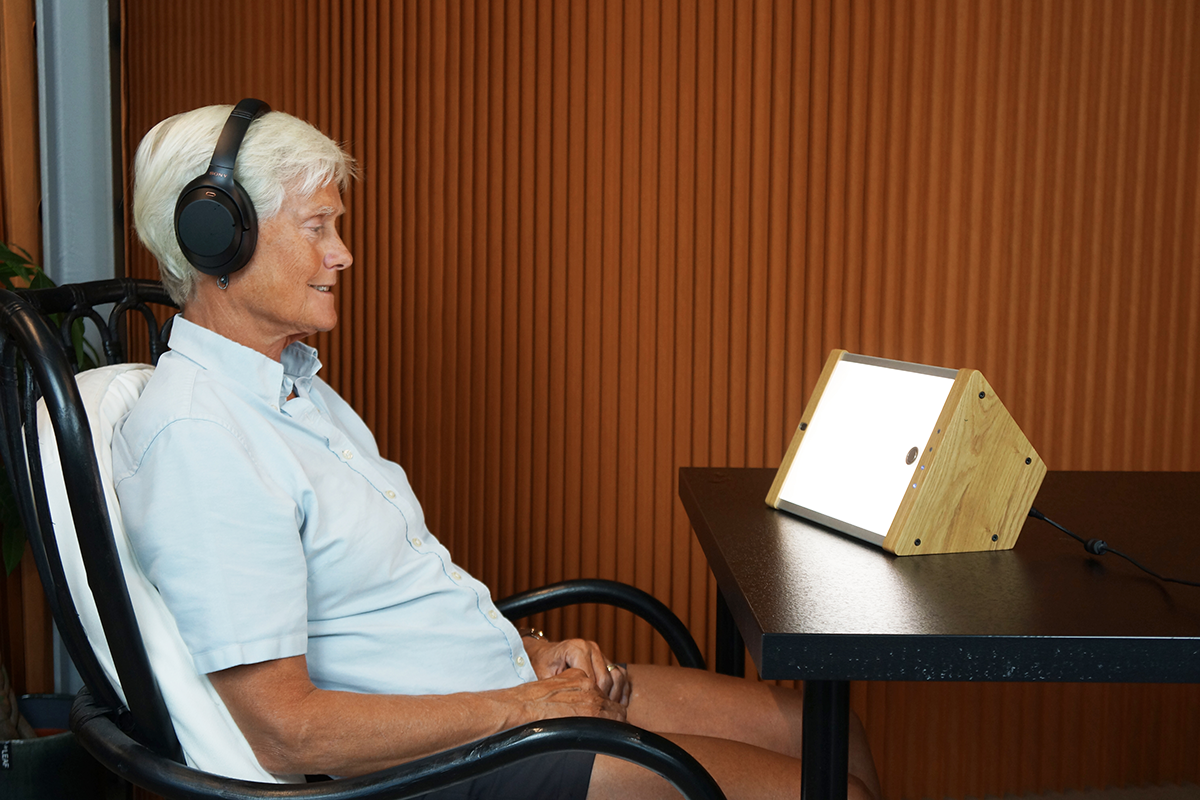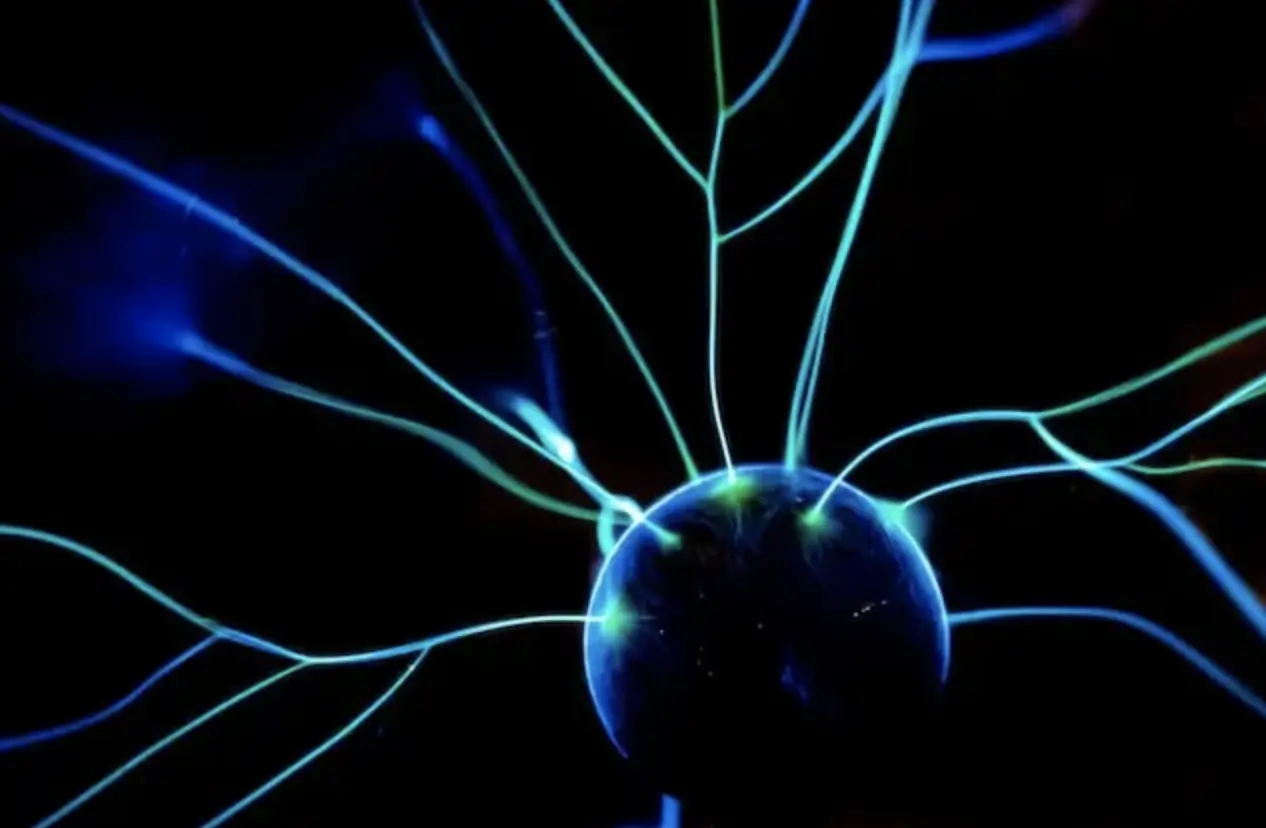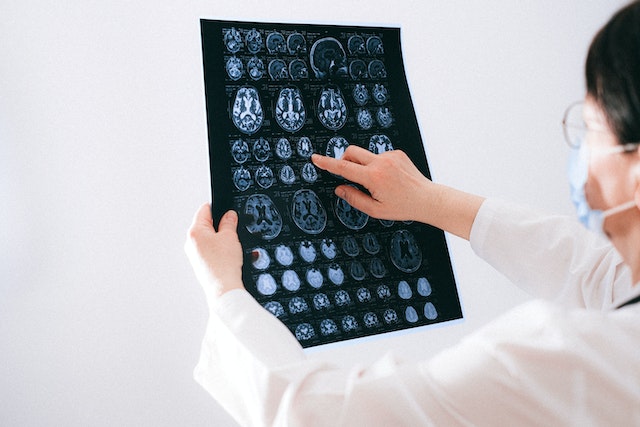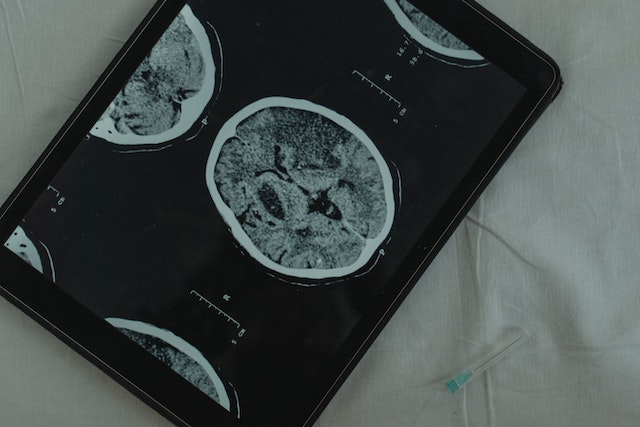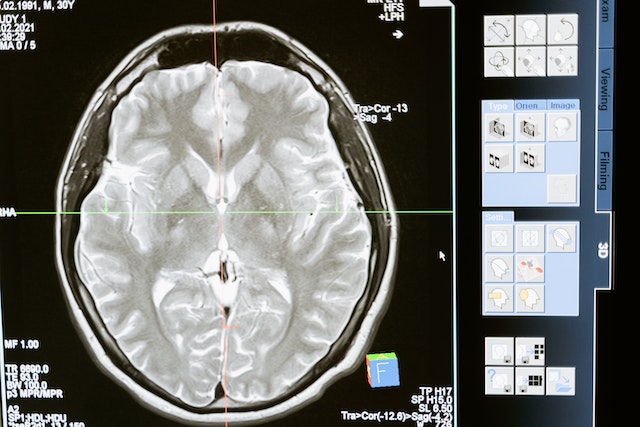As you journey through life, your mind plays a pivotal role in shaping your experiences, memories, and interactions. It’s no wonder that maintaining cognitive health is a top priority, especially as you age. Cognitive change is a natural part of the aging process, and recognizing the early signs can empower you to take proactive steps toward maintaining mental clarity and well-being.
1. Memory Lapses: What They Mean for You
It’s not uncommon to forget where you placed your keys or the name of an acquaintance from time to time. However, when memory lapses become more frequent and interfere with daily life, it could be an early sign of cognitive change. Misplacing items, forgetting appointments, or struggling to recall familiar information may warrant closer attention.
What You Can Do: Consider adopting memory-boosting strategies like making lists, using reminders, and engaging in brain-stimulating activities like puzzles or learning a new language. These can help improve memory and combat cognitive decline.
2. Difficulty with Multitasking: Maintaining Focus
Cognitive change can manifest as a reduced ability to multitask effectively. You may find it challenging to manage several tasks simultaneously, and your concentration may wane faster than before. This decrease in concentration and multitasking ability can impact work, home life, and overall productivity.
What You Can Do: Prioritize tasks, break them into smaller, manageable steps, and allow yourself focused periods of work followed by short breaks to maintain mental clarity. This alleviates some of the stress of big tasks and managing productivity
3. Language and Communication: Staying Connected
Struggling to find the right words, repeating yourself, or experiencing difficulty in following and participating in conversations may indicate cognitive changes. These language and communication challenges can be frustrating and may lead to social withdrawal.
What You Can Do: Stay socially engaged, practice active listening, and consider seeking support from a speech therapist or cognitive therapist if needed.
4. Use Novel Light Therapy And Brain Stimulation Devices For Cognitive Change
With increasing studies showing positive results around the usage of brain stimulation as a method of prevention for disorders such as Alzheimer’s and Dementia, new products, gadgets, and devices are also entering the market to try and help cure or prevent such disorders.
A promising discovery is light-based 40 Hz brain stimulation devices, known to improve working memory, active learning, and focus.
Ongoing research is being conducted to assess the efficacy of 40 Hz brain stimulation as a non-invasive therapy. Recent studies have demonstrated that only one hour of daily exposure to this stimulation has the potential to slow the progression of cognitive decline [1].
EVY LIGHT® is a 40 Hz light-based brain stimulation device that uses a carefully engineered and patented type of 40 Hz light. The light is known as invisible spectral flicker, or ISF, which is different from a regular strobe light.
Often, 40 Hz flickering light comes in the form of regular strobe light. This strobe light is a white light that switches ON and OFF, leading to a highly irritating and visible flickering. This may cause eye strain and make the experience uncomfortable, adding undesirable side effects, such as headaches, nausea, and seizures – at the worst, for some.
Instead of a white light switching between ON and OFF, ISF (found in EVY LIGHT®) alternates between two carefully designed colors to minimize the perceived flashing of the light.
This light creates a smooth and pleasant experience, while maintaining the stimulation of the brain, allowing the user to apply the stimulation at any time and anywhere, with comfort and ease.
What You Can Do: You can incorporate daily brain stimulation using one of the devices available on the market today. The beautiful thing about EVY LIGHT® is that it is carefully designed with the user in mind to deliver an elegant, comfortable, and easy-to-use brain stimulation device. With just a press of a button EVY LIGHT® delivers 40 Hz stimulation in the form of a desktop lamp.
EVY LIGHT® is created in collaboration with world-class universities and hospitals in the EU and the US, to make sure the device is tested and validated.
5. Changes in Problem-Solving Abilities: Navigating Life’s Challenges
Complex problem-solving abilities may decline with cognitive change. You may notice challenges in making decisions, planning, or organizing tasks effectively. These difficulties can impact daily life, from managing finances to handling household responsibilities.
What You Can Do: Break problems into smaller, more manageable steps, and seek assistance or guidance when making important decisions.
6. Mood and Personality Changes: Emotional Well-being
Cognitive changes can also affect your mood and personality. You may notice shifts in behavior, such as increased irritability, mood swings, or emotional withdrawal. These changes can be distressing.
What You Can Do: Reach out to a healthcare professional to discuss these changes, as mood and personality changes can be indicative of various underlying conditions.
Conclusion
Recognizing the early signs of cognitive change is the first step toward taking control of your cognitive health. It’s essential to remember that cognitive change is a part of the natural aging process, and not all memory lapses or momentary difficulties should cause undue concern.
However, if you notice persistent or worsening cognitive changes that affect daily life, it’s crucial to seek guidance from a healthcare professional. Early intervention and proactive measures, such as lifestyle changes and cognitive exercises, can help improve cognitive function and enhance overall quality of life.
Maintaining cognitive health is a lifelong journey, and being informed about the early signs of cognitive change empowers you to make choices that support your mental well-being, allowing you to continue enjoying life to the fullest.
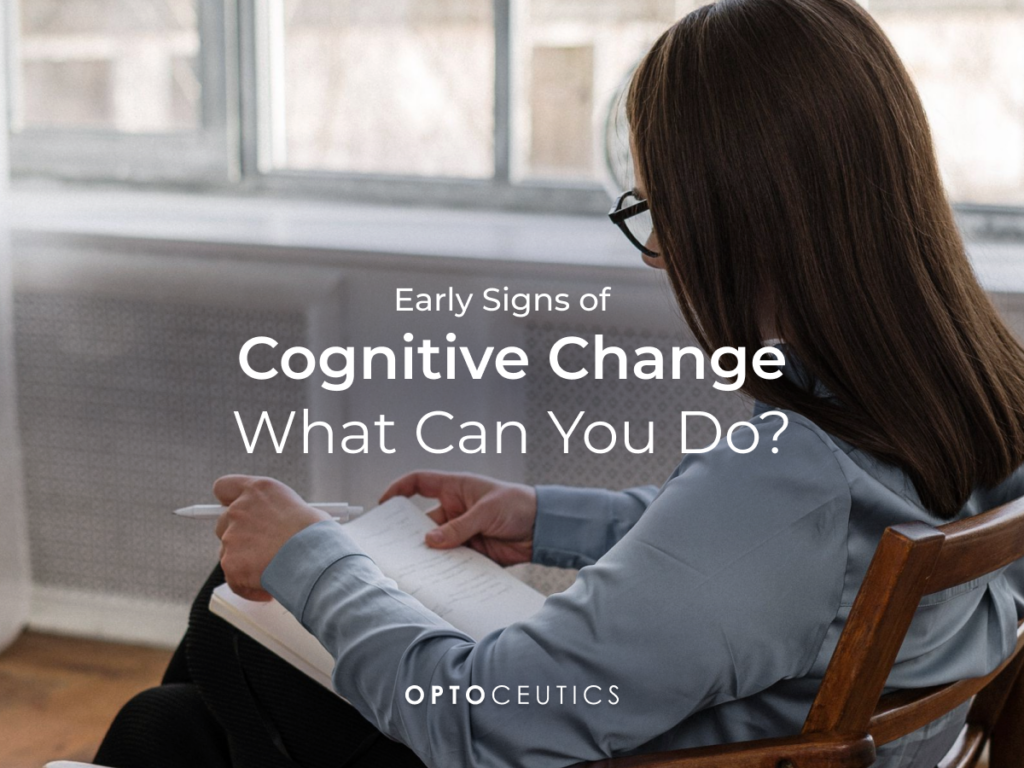
REFERENCES
[1] Feasibility, Safety, and Efficacy of Gamma Sensory Stimulation as a Novel Therapeutic Intervention for Alzheimer’s Disease (N1.001) Jonathan Megerian, Mihaly Hajos, Evan Hempel, Aylin Cimenser, Alyssa Boasso, Colleen Cotter, Martin Williams, Kim Kwan, Jessie Nicodemus-Johnson, Suzanne Hendrix, Brent Vaughan, Zach Malchano. Neurology May 2022, 98 (18 Supplement) 1936;
Curious to learn more?
Take a look at some of our other blog posts to dive into the science of living a healthy and happy life.
We at OptoCeutics wish you a great reading journey beyond 💜




